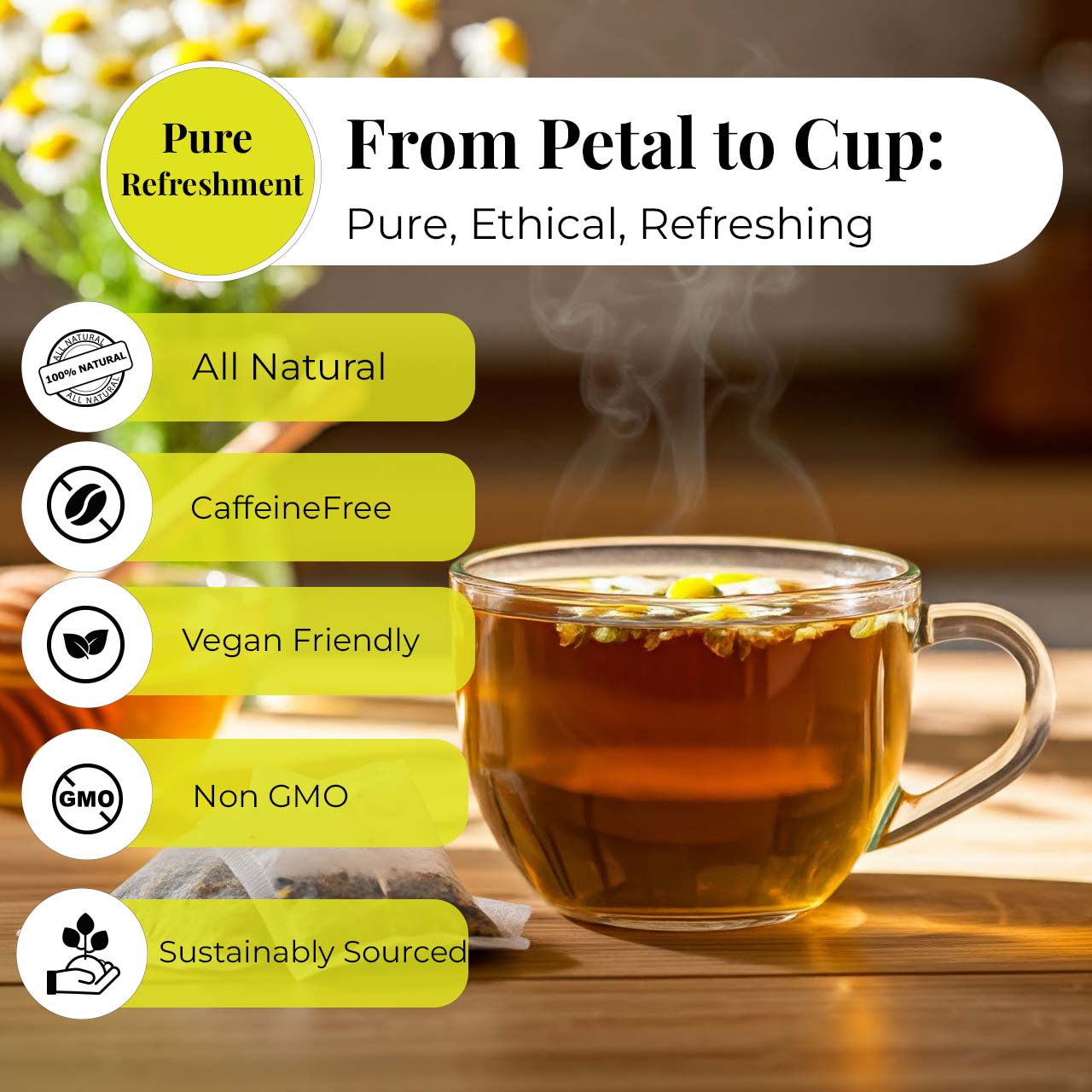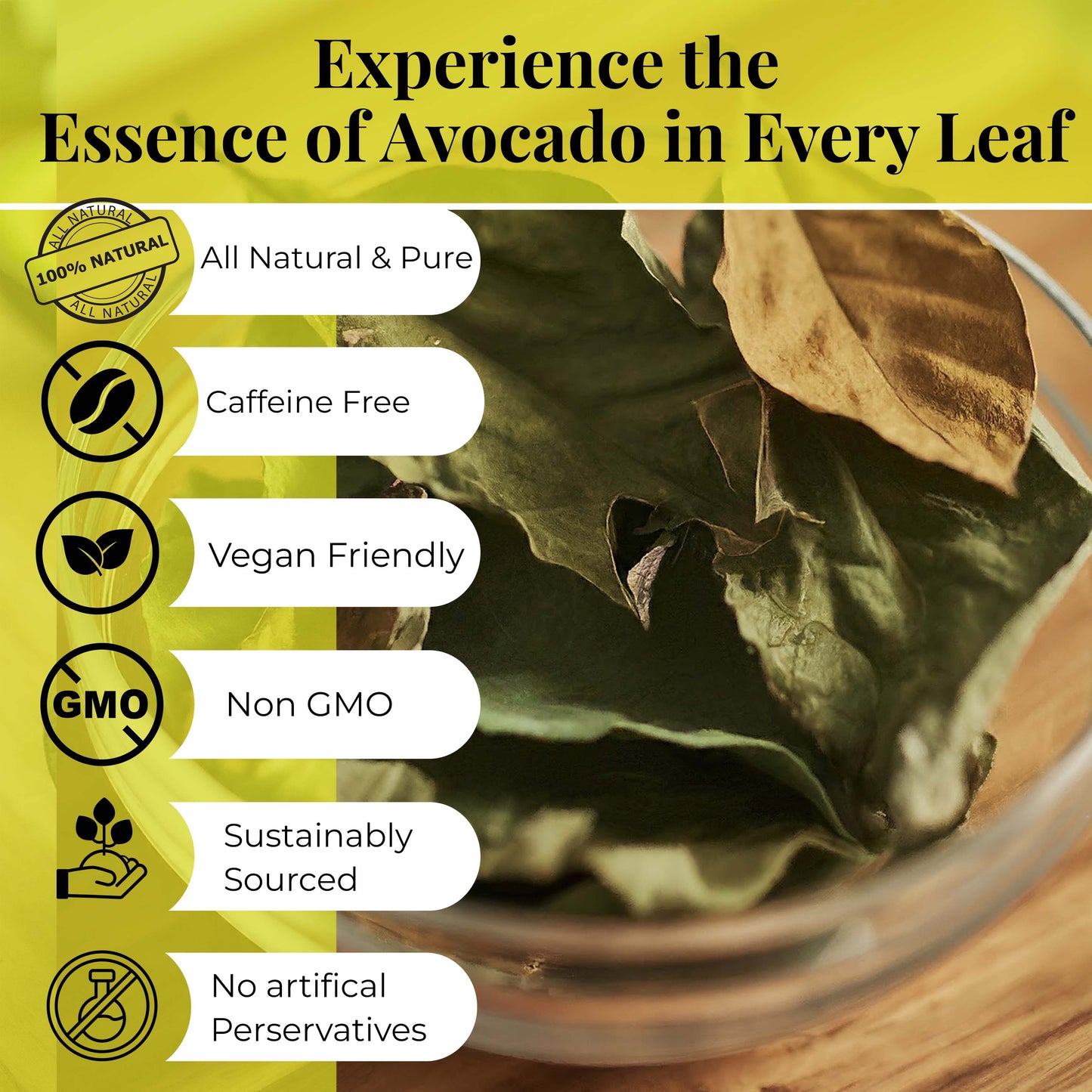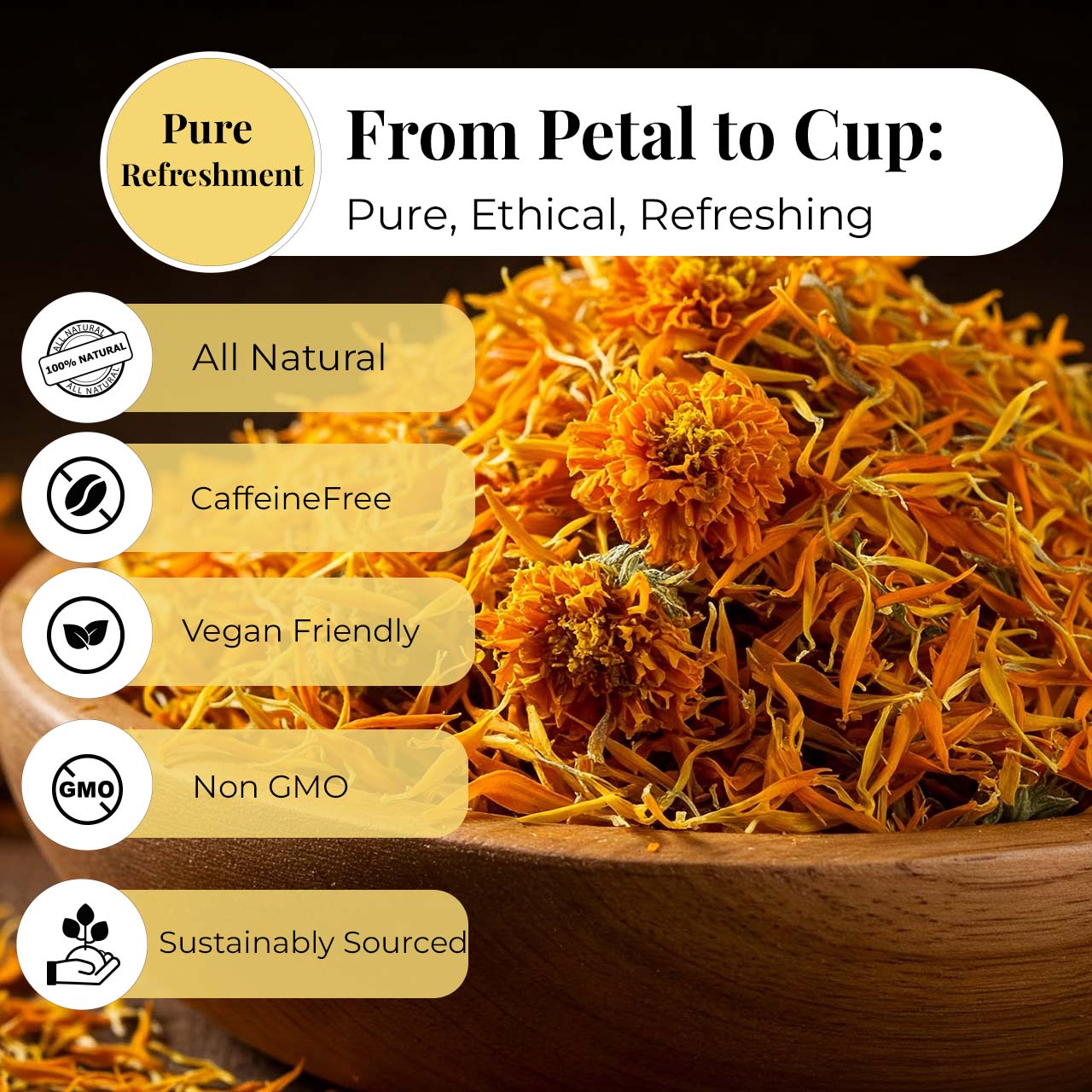Learn whether guava seeds and leaves are edible, if they act as a laxative, and how to properly eat guava fruit skin, seeds, and all. Discover the benefits of guava leaves and how to tell when a guava is ripe.
Can you eat the seeds in guava?
Yes, guava seeds are edible. The seeds of Psidium guajava, the common tropical guava, are small, hard granules that can be safely consumed. Studies in the Journal of Food Science and Technology indicate that guava seeds contain beneficial fatty acids, dietary fiber, and antioxidants. They are not toxic and are generally safe to swallow or chew, depending on personal preference.
Are guava seeds laxative?
Guava seeds have mild laxative properties. Their high fiber content stimulates intestinal movement and may help relieve mild constipation. Research in Food & Function (2018) noted that guava seed powder can improve bowel regularity due to insoluble fiber and bioactive compounds that support gut motility. However, consuming excessive quantities may lead to discomfort or bloating, especially in individuals with sensitive digestion.
Are guava seeds hard to chew?
Guava seeds are naturally hard. The texture depends on the variety and ripeness of the fruit—fully ripe guavas have slightly softer seeds, while unripe fruits have firmer ones. Many people prefer swallowing the seeds rather than chewing them. Blending guava for smoothies or juicing can help if you want the nutritional value of the seeds without the gritty texture.
Why does my stomach hurt after eating guava?
Some people experience mild stomach pain or gas after eating guava, often because of the fruit’s fiber density and seed content. Unripe guavas, which are higher in tannins, may cause temporary stomach irritation or cramping. Research in Clinical Nutrition Research suggests that excessive fiber intake from guava or other high-fiber fruits can cause digestive discomfort if your gut isn’t accustomed to it. Eating guava in moderation and ensuring it is ripe usually prevents this issue.
What are the benefits of guava leaf?
Guava leaves are rich in polyphenols, flavonoids, and natural antioxidants. According to pharmacognosy and ethnobotanical studies, guava leaf extract demonstrates antimicrobial, anti-inflammatory, and anti-diabetic effects. It supports digestive health, reduces oxidative stress, and has been studied for its ability to lower blood sugar levels. Guava leaf tea, made from dried leaves, is a popular natural remedy for gastrointestinal issues such as diarrhea or bloating.
How often should I drink guava leaves tea?
Moderate consumption—one to two cups daily—is considered safe for most people. Regular use may help regulate blood sugar and cholesterol levels, based on findings in the Journal of Medicinal Food (2017). However, individuals taking medication for diabetes or hypertension should consult a healthcare provider before regular use, as guava leaf tea may enhance the effects of such drugs.
Recommended best Guava Leaves to use
Recommended Guava leaf tea find here
What is the effect of guava leaf tea on the kidneys?
Guava leaf tea contains antioxidants that may protect kidney tissue from oxidative stress. Animal model research published in Phytotherapy Research found that guava leaf extract reduced markers of inflammation and renal stress in cases of induced kidney damage. However, there’s limited human data, so it should be used as a complementary rather than a primary kidney health treatment.
What is the difference between guava and soursop?
Guava (Psidium guajava) and soursop (Annona muricata) are tropical fruits often confused because of their similar green skins. However, they differ botanically and nutritionally.
- Guava: Small, round fruit with edible skin and crunchy seeds; high in vitamin C and fiber.
Recommended Dried Guava Leaves
-
Soursop: Larger, spiky-skinned fruit with soft, fibrous white pulp; rich in vitamin B, antioxidants, and acetogen ins.
Both are nutritious, but soursop is sweeter and creamier, while guava is tangier and crisper.
Recommended Dried Soursop Leaves
How to eat guava
Guava can be eaten whole—skin, flesh, and seeds. Simply wash the fruit, slice it, and enjoy. The skin is edible and rich in vitamin C and antioxidants, though some prefer to peel it for a milder taste. The seeds can be swallowed or blended into smoothies.
To eat larger or firmer guavas, slice them in half, scoop the pulp with a spoon, or cut into wedges.
Guava skin edible
Yes, the skin of guava is completely edible. It contains a significant portion of the fruit’s vitamin C and dietary fiber. According to the International Journal of Food Properties, guava skin also contains quercetin and other antioxidants beneficial for immunity and skin health. Some people find the texture slightly bitter or tannic, especially in unripe guavas, but this reduces as the fruit ripens.
How to tell when guava is ripe
Ripe guavas are soft to the touch and emit a sweet, musky aroma. Their color shifts from bright green to light yellow or pinkish depending on the variety. A ripe guava yields slightly when pressed. Overripe fruits may develop brown spots but remain edible if not fermented.
Is it safe to eat guava seeds?
Yes, eating guava seeds is safe for most people. They’re rich in dietary fiber and antioxidants that can support digestive health. However, those with diverticulitis or sensitive digestion may choose to strain them out or blend guava into juice form.
Bonus recommendations for best vanilla extract
Best vanilla beans
Final Thoughts
You can safely eat guava seeds, skin, and pulp—all parts of the fruit are edible and nutrient-rich. Guava offers a balanced blend of sweetness, fiber, and antioxidants, making it a powerful addition to a healthy diet. Guava leaf tea also provides valuable medicinal benefits, supporting digestion, immunity, and metabolism.
From ripe pink guavas to aromatic guava leaf teas, this tropical fruit remains both delicious and scientifically supported as a natural health enhancer.






























